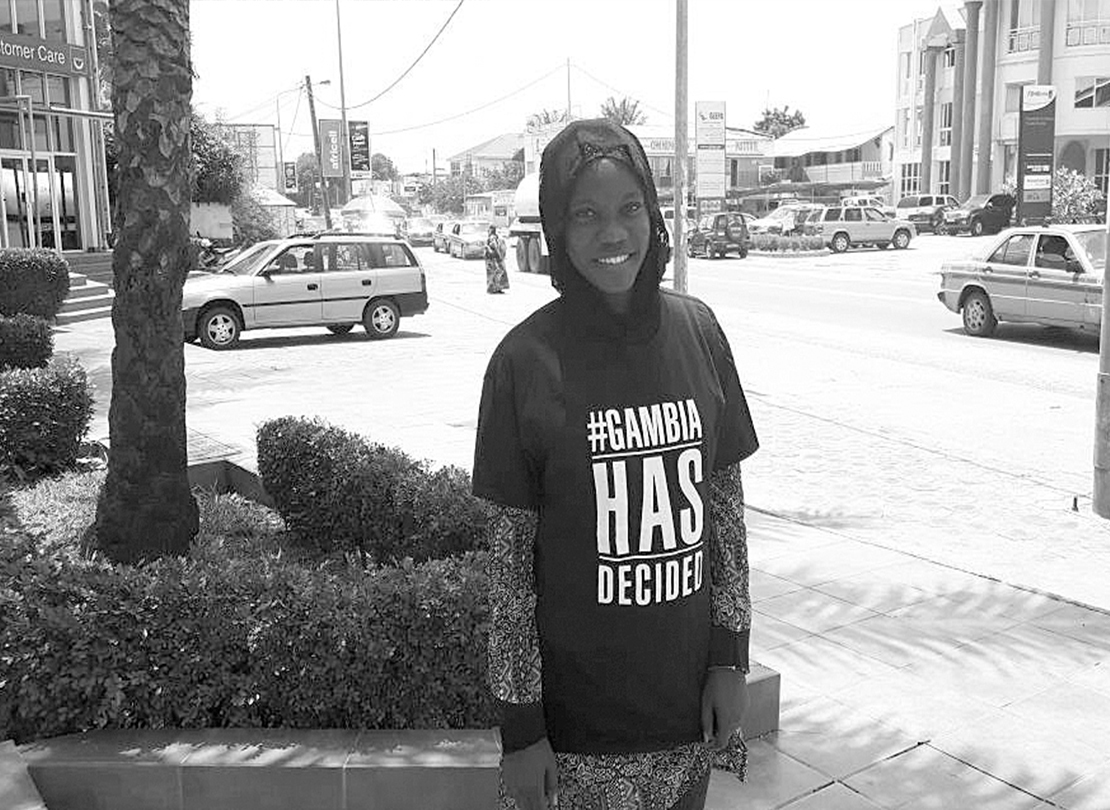HerMaP Gambia: the project so far
“HerMaP Gambia” aims to strengthen CSOs as partners and stakeholders in promoting social development, inclusive and sustainable growth in the cultural and creative industries and develop the business skills of heritage and cultural managers in order to achieve greater community solidarity and reduce the number of people being “lost” through ‘irregular migration’.
In order to address the potential for The Gambia’s cultural heritage to support social and economic development to foster job creation and mitigate irregular migration, the Action is focusing on building the skills and capacities of local partners through a program of training for Gambian cultural heritage professionals and others delivered by international experts, supported by the training of these professionals to act as trainers so that this knowledge transfer can then be replicated and delivered across the country and to the local level.
This will lead to more engagement with the importance, and techniques of cultural heritage management, and this will be specifically applied to develop support for a sustainable cultural tourism industry. Activities delivered under the Action will not only encourage, but actively require the development of new partnerships to share responsibilities between community organizations, SMEs, CSOs, local authorities and municipalities in the promotion of inclusive and sustainable economic growth.
The whole project intends to support adaptive engagement with heritage which can generate various spill- over benefits not only on the architecture or revalorization of these sites but also at management, operational and, possibly, cultural production level (e.g. when organizing festivals). Whilst local specificities of Gambian heritage sites will be enhanced through training, the project will also explore adaptive engagement by encouraging participatory approaches within heritage – such as direct links to heritage handicrafts, music and sport – specifically Gambian wrestling, which is as much a cultural activity as it is a sport.
The Action will be delivered over 48 months (September 2020 – August 2024).
During the first year HERITΛGE in collaboration with local stakeholders and partners are devoted to undertake a Heritage Workforce Mapping exercise, and its results are expected to be gathered and evaluated by the end of summer 2021. This useful information will help the detailed planning and development of the training curriculum for The Gambia.
The project is co-funded by the European Union.



